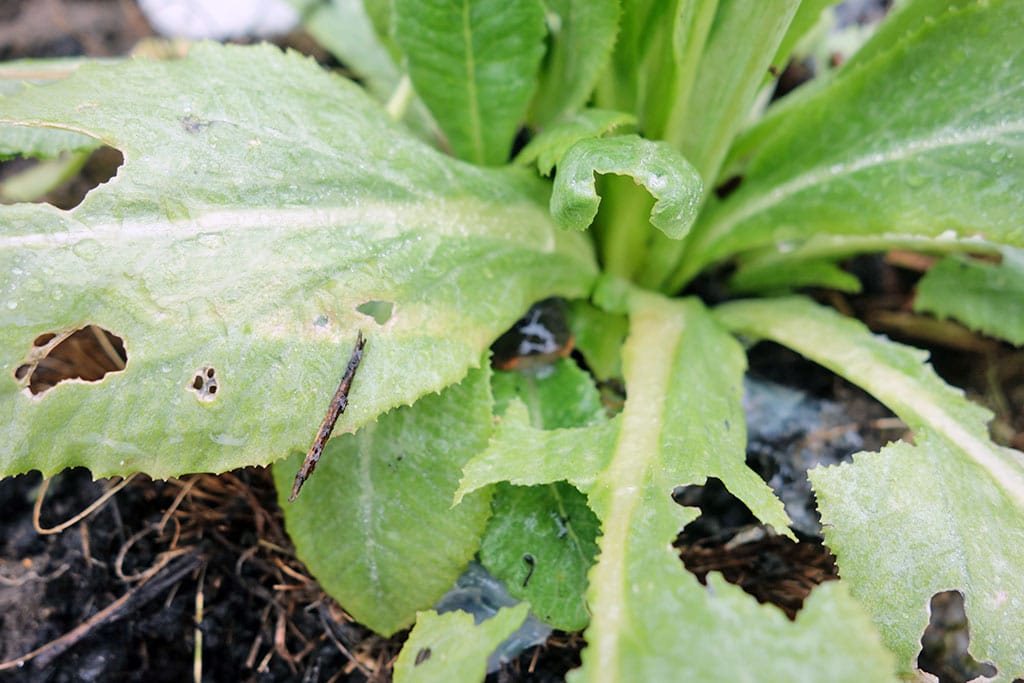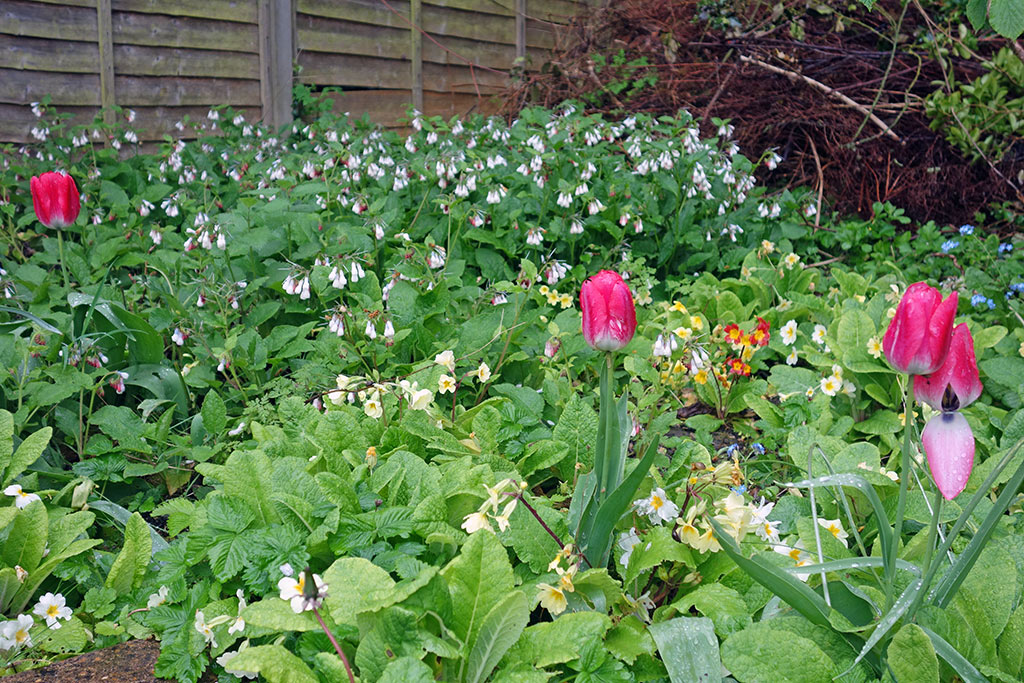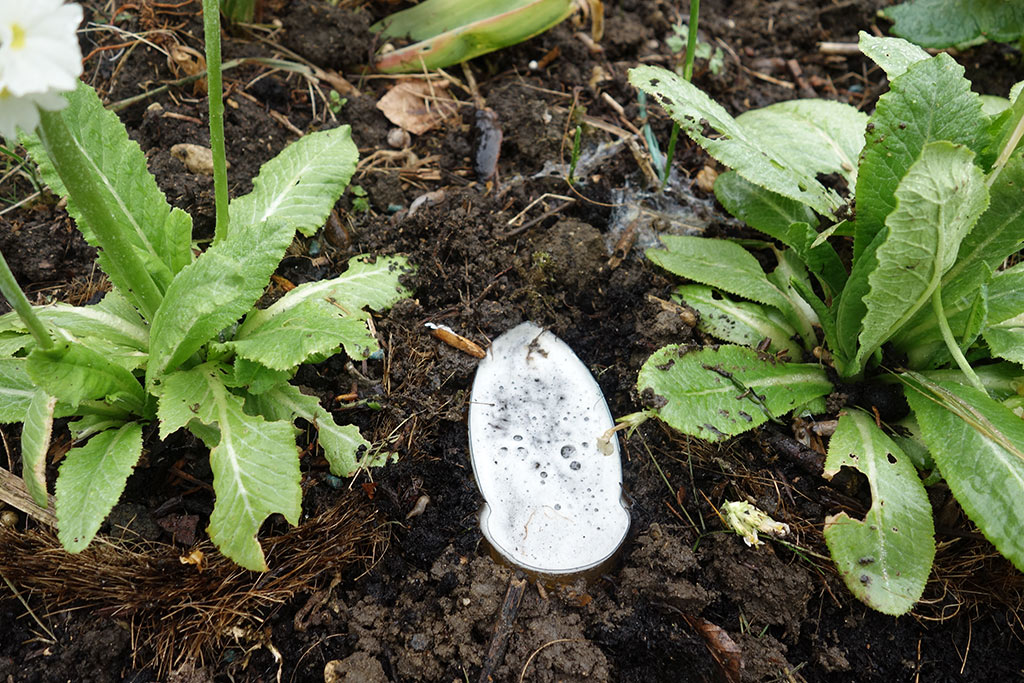I have a dilemma. This year I’ve taken more interest in gardening, and have bought a few plants. The problem is that there has been an explosion in the population of slugs and snails. The garden is being decimated by these small creatures.
You wake up in the morning and new plants and old daffodils are mere shreds of their former selves, slugs greedily leaving a trail of their feasting.
It presents me with a dilemma – what to do about the slugs?
I’ve encouraged frogs and I’ve even seen a hedgehog, but it’s not enough.
I don’t really like killing animals. But, then I plants are sentient creatures too.
Some spiritual Masters, like Mahavira, (the founder of Jainism) and Ramana Maharshi take the approach of non-violence very strictly. For them, non-violence is a strict spiritual principle. And there is a good reason to follow this. In the highest consciousness, you can feel all living beings as part of yourself, you can feel tremendous oneness with all of creation. With this consciousness you see slugs as part of your wider self. Why would you harm part of your own self? It’s hard for the mind to grasp, but in meditation I have had a glimpse of how this overwhelming love for everything can be real.
That is one approach, the path of non-violence. But, the other approach is to think that there is no such thing as permanent death. Slugs are on the evolutionary scale. If a soul dies as a slug, it may reincarnate as a more advanced animal, like perhaps a frog, who likes eating slugs. This is nature, where there is an endless process of death and rebirth.
There is also the immortal teachings of the Bhagavad Gita where Sri Krishna tells Arjuna it is his duty to fight, and The Lord of the Universe has always decided who will live and who will die. “Be thou a mere instrument Arjuna.”
There is a wonderful line in Savitri “I wear the face of Kali when I kill” This could be misinterpreted, but it points to the underlying nature of the universe where, at one level, life and death are an inevitability.
But, then you have to be careful. At the Battle of Kurushetra, Arjuna was fighting evil forces. In my Oxford garden we are just dealing with a few shredded plants. Sometimes we can pick a spiritual philosophy to suit our personal needs.
But on the side of killing slugs is that plants are living sentient beings too. I feel a little pain when I see a beautiful flower shredded to smithereens. Maybe it is a selfish desire but maybe there is some empathy with the plant too.

The other thing would be to give up on growing plants in your garden and import them from Supermarket. But, you know the supermarket will have killed all slugs and snails very efficiently so that is just exporting the killing elsewhere.
Philosophy and reality
It’s one thing to justify killing slugs with philosophy, but having to do it is a different matter. The cheapest, easiest and least involved way is to scatter slug pellets on the ground. You don’t have to do any killing, but you just sprinkle the poison on the ground. The problem with this approach is that the poison may harm wildlife like frogs and hedgehogs – the wildlife I want to encourage to eat slugs. Also, it feels like cheating a little. If you’re going to kill, maybe you should do it yourself.
If you don’t like pellets there are different ways to kill a slug. One way is to pick them off a flower and dissect with a spade. This is not nice. You have a meditation in the morning, and then come out and bash some slugs up. It doesn’t feel quite right.
Another option is to place trays of beer in the ground. The slugs then come in to drink the beer and drown, hopefully placated by the alcoholic beverage a hazy death.
This is a little more expensive and tricky, but it does keep a lid on the worst explosion of the slug population.
Conclusion
So these are the different philosophies. On the one hand I want to try and seek empathy with every living creature, which makes you want to avoid any suffering for any living animal. But, then I feel a certain duty to protect the plant kingdom of my garden from the explosion of slugs and snails?
I would have like to ask my spiritual Teacher Sri Chinmoy about the merits of killing slugs and snails. I would have been interested in his answer. I can only hazard a guess he would have taken a more practical view than a very strict approach of non-violence. But, at the same time, Sri Chinmoy values the fundamental principle of non-violence
“The Vedic commandment for the human vital is ahimsa. Ahimsa means non-violence — non-violence in the vital and non-violence of the vital. It is from non-violence that man gets his greatest opportunity to feel that he does not belong to a small family, but to the largest family of all: the universe. India’s philosophy of non-violence was first put into practice by the compassionate Lord Buddha and his followers. Gandhi’s non-violence was a most precious gift to the life-loving humanity of the present.”
- Sri Chinmoy The Song of the Infinite from: The Vedas: Immortality’s First Call, Agni Press, 1972


4 responses to “Non-violence and the problem of slugs and snails”
[…] blog was partly motivated by a much less serious dilemma about whether to kill slugs who were eating my plants. I don’t like killing animals, but at the same time, I didn’t want my plants to be […]
[…] More on the dilemma of slugs and non-violence at tejvan.co.uk » […]
[…] escape. Perhaps I am trying to ease my conscience from killing so many slugs earlier this year (see: killing slugs and snails) But also, for a moment, you can feel the freedom of the tiny creature as it flies off into the […]
[…] compost. It shows, even slugs can have a role in the garden – at least it makes a change from slicing them in half, which never felt a very vegetarian thing to […]